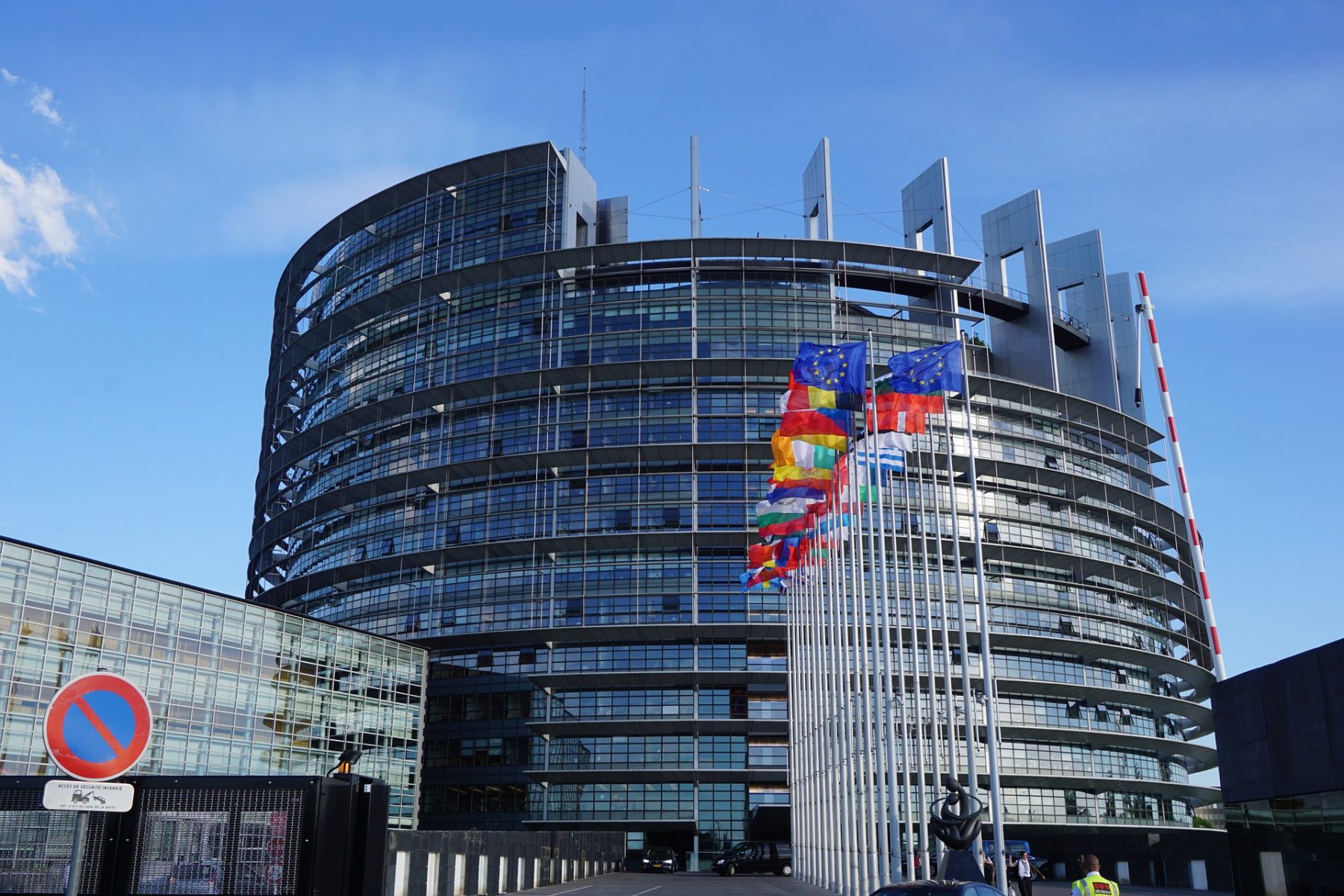Review of so-called Code of Practice on online disinformation fails to deliver protection for EU citizens

Download the document
BRUSSELS, 16 JUNE. As online platforms release their so-called revised Code of Practice on Disinformation, TV & VoD providers are doubtful about the process and outcome of this Review. While we understand that many organisations involved in the drafting of the Code have sought to encourage online platforms to step up their efforts, we presage that the resulting “commitments” will have little to no effect on stemming the increasing flow of disinformation online.
As participants in the “consultation” process, the ACT expressed on several occasions the lack of transparency that characterised the drafting process. The secrecy around the drafting of the code, late release of documents for review and lack of responses to basic requests for clarification resulted in a process falling short of acceptable standards as regards the drafting of self-regulation according to the Commission’s own guidelines on self-regulation[1]. Further, confidentiality clauses regarding the process were particularly egregious given the necessity for a transparent process and democratic accountability and oversight.
The result is a revision that falls short of the Commission’s guidance on strengthening the Code[2] on several critical points. Some of which we list below:
- Despite the Review’s main objective of delivering tangible metrics and KPIs to monitor progress within and between platforms, the new text offers little to no effective Key Performance Indicators (KPIs), commitments on means allocated (including financial) and expected impact. Committing to publishing “meaningful metrics” or “quantitatively report” does not make it so. Yet again platforms kick the can down the road by referring the substance and specifics of “commitments” to the future taskforce’s work.
- The Review does not offer concrete commitments to limit “impermissible manipulative behavior”, which should be the cornerstone of the Code. Instead, the Review refers to future platform policies, to be decided by the platforms at a later stage. This fails to live up to the Commission’s guidance which specifically states “Commitments should not only require signatories to publish relevant policies, but should also lay down baseline elements, objectives and benchmarks”[3]. Commitments go no further than a blanket statement to follow the law which is obvious and does not require a Code.
- The Review does not offer an intelligible set of common commitments that European citizens can easily understand and interpret. Rather it sets out a mixed bag of “a la carte” commitments, allowing platforms to cherry pick which commitments they wish to follow. The result is a Code that is very unclear for the average reader to understand and lends itself to selective interpretation and enforcement.
- The Review fails to set out a meaningful enforcement mechanism as would be expected of any effective self-regulation. Rather, it relies on the upcoming Digital Services Act, which further delays any incentive for concrete and immediate progress. This comes on top of a Revision that has been delayed on several occasions.
Given these grave shortcomings, we would expect that the commitments released today be compared with the minimum requests set out in the EC guidance. This would allow for stakeholders and citizens to better understand what the Platforms are signing up to and how this meets (or falls short) of expectations.
To establish democratic oversight we call on the European Parliament, particularly the INGE Committee[4], to scrutinise the revised Code and issue a formal opinion. This in turn should help guide regulators and policy-makers as they decide whether they wish to legitimise the revised Code by taking part in the foreseen Task Force. We caution all concerned authorities and stakeholders to carefully assess their participation in such a Task Force as this may lend credibility to a document that has none.
We call on European institutions to urgently rise up to the challenge posed by disinformation by moving towards comprehensive, legally binding obligations and accountability measures to be imposed on online platforms through regulation.
[1] See Principles for Better Self- and Co-Regulation, page 130 of the Better Regulation Toolbox 2021 https://ec.europa.eu/info/sites/default/files/br_toolbox-nov_2021_en_0.pdf
[2] See EC Guidance on Strengthening the Code of Practice on Disinformation
https://digital-strategy.ec.europa.eu/en/library/guidance-strengthening-code-practice-disinformation
[3] See section 6.2 (p.12) of the Commission Guidance on Strengthening the Code of Practice on Disinformation
[4] Special Committee on Foreign Interference in all Democratic Processes in the European Union, including Disinformation
https://www.europarl.europa.eu/committees/en/inge/home/highlights

